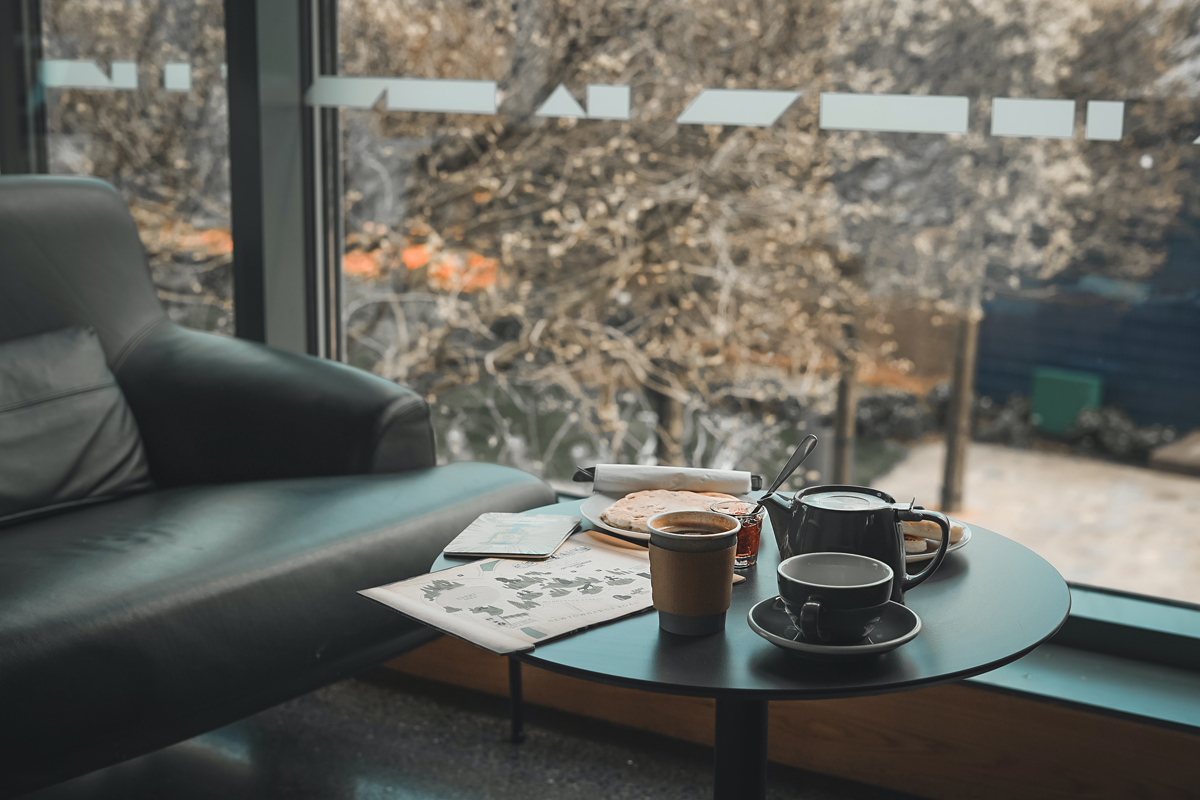It can be hard to talk about death, whether you have lost someone, are in the process of losing them, or are yourself dying; it can be an isolating experience. This is where a death cafe may come in. Since the first cafe held in London in 2011, similar volunteer-directed events have been held globally. The Cascade reached out to Peter Bohme, a host of local death cafes, to gain insight into this unique way of thinking about and discussing death and dying.
According to Bohme: “A death cafe is a place where people come and talk about death, dying, and grieving. It may be a morbid subject, but in Western culture it’s repressed. We don’t talk about it much compared to other cultures. Talking about death is taboo.”
The cafe becomes a place where people who are coping with death can gather and talk about it. These people might be processing the death of a loved one, or need a place to talk about their own terminal illness. In addition, a death cafe can be a place to get help with navigating end-of-life care, learn different ways that bodies can be laid to rest (e.g. burial and cremation), and get help with the stress of making funeral arrangements and putting other affairs in order. A death cafe is a place to connect and share experiences around dying.
Bohme’s journey to becoming a death cafe host started when his fiancée got involved with the No One Dies Alone campaign, the goal of which is to provide company to dying patients in hospice care who may not have access to family or friends in their final hours. After that initial intrigue, he got involved volunteering at the Chilliwack Hospice and Cascade Hospice. From there, he wanted to extend the word about dying, and how important it is to talk about it. Around this time, he learned about “death doulas,” or celebrants.
“A death doula is like a coach for the person who is dying and their family,” said Bohme.
It was then that Bohme heard about somebody doing a death cafe. After researching, Bohme discovered that anyone could host one and that there were many resources and guidelines available on how to host. He resonated with the purpose and began hosting them virtually in May of this year.
There is a format to a death cafe, though there are no guest speakers or products to be sold. It is mainly a place to gather and speak.
“I facilitate it,” Bohme said. “We go around the room [and ask] why you’re here, a little about yourself, where you’re from, do you want to listen, do you want to talk, how do you want to participate? I’ve had people from Australia, to the United States, to different parts of Canada, so it’s a global meeting for an hour and a half.”
Death cafes were created for the purpose of giving people the space they need to talk about death and dying. It is a service for people with terminal illnesses, for families who have trouble talking about death, and for people who want to share their loss and how they’ve coped with it in order to help others through the grieving process. Death cafes may focus on dying, but fundamentally, it is about being okay with death in order to live a more meaningful life.
The next meeting of the Chilliwack death cafe is on Dec. 16. This will be a virtual event via Zoom. Pre-registration is required and additional information can be found on Facebook.


